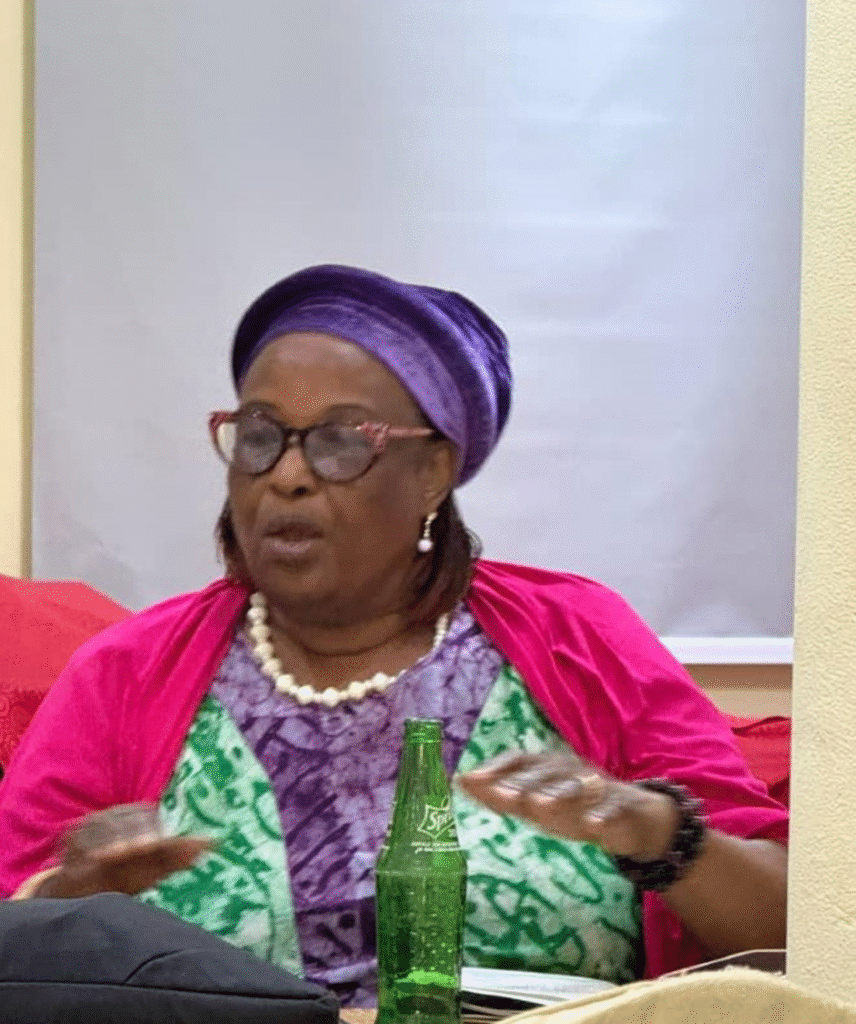South Sudan's English Daily Newspaper
"We Dare where others fear"

By Jenifer James
In the busy streets of Juba, amidst the noise of engines and bustling markets, one woman stands out not because of what she does, but because of who she is. Suzan Jamila Abdullah, a pioneer in South Sudan’s male-dominated boda boda industry, has rewritten the rules by proving that resilience and purpose know no gender.
It is a bright, sun-soaked afternoon when The Dawn Newspaper reporter meets Suzan at the boda boda stage outside Juba Teaching Hospital. Dressed in an African shirt and riding boots, she greets the team with a warm grin, waving as she leans casually on her motorbike.
There’s something about her presence—confident and grounded—that instantly draws people in.
During the exclusive interview with Jamila, she narrates how her journey began not with an engine but with a bicycle.
“I used to ride a bicycle to sell charcoal,” Suzan recalls, laughing. “Sometimes I carried grass for building too. But when more people entered the charcoal business and started using cars, I knew I had to do something different.”
In 2012, Suzan took a bold step: she switched from her bicycle to a motorbike, entering the boda boda business, a job traditionally seen as a man’s domain in South Sudan.
“In our country, many people believe women can’t do this job,” she says. “They think boda boda riding is only for men. But I didn’t listen to them. I had something to achieve.”
Suzan faced relentless bullying and mockery in the early days of her work. But rather than discourage her, the criticism fuelled her determination.
“There were so many people talking behind my back, saying this is not a woman’s job. But I didn’t care. I just minded my own business,” she says with quiet confidence.
Now stationed at the Juba Teaching Hospital boda boda stage, Suzan has become a familiar and respected figure. Her male colleagues support and encourage her, and she’s even taken on a mentoring role for other women.
“My colleagues have been very supportive. They often tell me, ‘Jamila, you’re strong. Keep going, and help more women join this work,'” she shares.
As the eldest in her family, Suzan had no choice but to work hard and provide. Her family, rather than opposing her career, became her biggest source of motivation.
“I’m lucky,” she says. “No one in my family opposed me. I’m the eldest, and I have to put food on the table for my siblings. They’ve always stood by me.”
Her message to other women is clear and powerful: “We need to believe in ourselves. This thing of fear—it’s what’s holding us back. Confidence is what we need.”
She recalls meeting another female boda boda rider in Gudele, a rare sight in South Sudan. “I asked her what stage she works from, but she told me, ‘I only drop people off in residential areas because I’m afraid to go into town.’ I invited her to join me at Juba Teaching Hospital stage, but she refused.”
For Suzan, her mission goes beyond making a living. She wants to change perceptions and empower other women to break through traditional roles.
“To the people of South Sudan,” she says, “there is no such thing as a man’s job. If any woman is willing to learn, I am ready to train her, whether it’s riding a boda boda or a rickshaw. We can do it.”
Suzan Jamila isn’t just navigating the roads of Juba; she is paving the way for a future where women ride side by side with men, free from fear and full of purpose.
According to the Chairperson of the CES Boda Boda association, Levi Abugo, there is an increasing number of females joining boda boda riders compared to previous years. Currently, we have women who have taken up the work and are doing amazing work on the streets of Juba.

Among those who have come to admire and trust Suzan Jamila Abdullah is Mama Zainab Said, a regular customer who first encountered Jamila at the boda boda stage near Juba Teaching Hospital.
“I remember the first time I saw her parking her motorcycle,” Zainab recalls with a smile. “Something in me just said, ‘Yes, this is the one I’ll ride with.’ Women tend to be more cautious, especially when it comes to riding or driving, and that made me feel safe.”
Since that day, Zainab has chosen Jamila for her transport needs around Juba, and she speaks highly of the experience.
“Her riding is not just careful; it’s smooth, respectful, and professional,” she says. “What really stood out to me was her honesty and pleasant nature. You feel comfortable with her, and that’s not always easy to find.”
Zainab also appreciates Jamila’s commitment to safety. “She never rides outside Juba town, and she doesn’t work at night. She’s very mindful of her own security and that of her customers. That kind of responsibility is why I keep going back to her.”
Jamila’s growing reputation as a trusted rider among women like Zainab reflects more than just skill; it shows how women supporting women can reshape public spaces once seen as off-limits.
This story is reported with a grant from Journalists for Human Rights under the ‘Tackling Mis/Disinformation Project,’ funded by the Peace and Stabilization Program of the Government of Canada.




